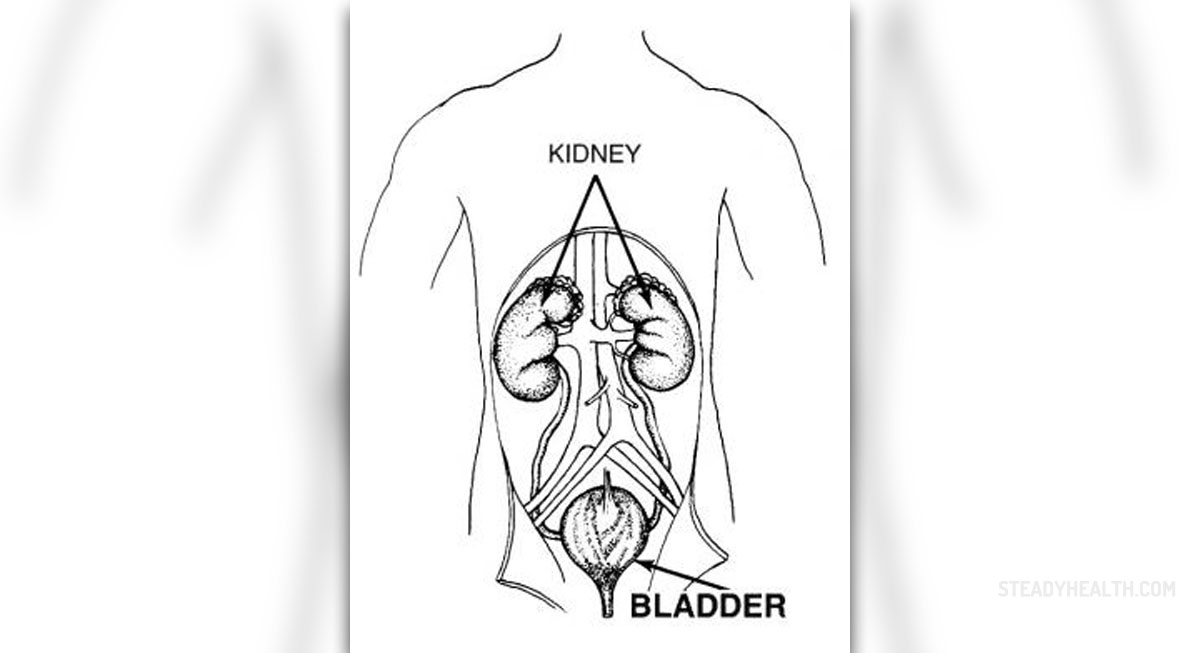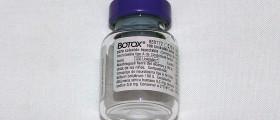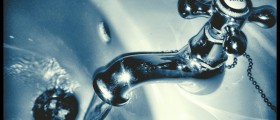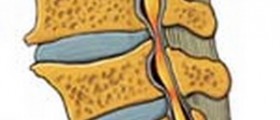
Neurogenic bladder is a medical condition characterized by an incomplete emptying of the bladder's content (the urine) due to certain diseases, injuries or even defects of the brain as well as the spinal cord or nerves responsible for innervation of the organ. It affects both genders and develops as a consequence of an improper transmission of the massage between the brain and the bladder.
The bladder is an organ completely made of muscles and there are several muscles that hold the urine until a person is ready to urinate. The nerves that innervate the bladder are connected with the brain via other nerves located in the spinal cord. In case of damage to these nerves (disease, injury, trauma etc.) the bladder muscles simply become unable to contract or relax properly and allow for normal emptying of the organ. Neurogenic bladder can be classified into two types - overactive (hyper-reflexive) bladder and under active (hypotonic) bladder. In case of an overactive bladder the person suffers from frequent and uncontrollable leaking or expulsion of urine, while in under active bladder the person can hold a large amount of urine since there are no normal contractions and the bladder simply overfills.
What Causes Neurogenic Bladder?
There are many diseases and injuries associated with neurogenic bladder. Some of them are Alzheimer's disease, meningonyelocele, brain and/or spinal cord tumors, spinal cord injuries, stroke etc. Furthermore the condition may result as a consequence of alcoholic or diabetic neuropathy, nerve damage caused by pelvic surgery, nerve damage caused by a herniated disc and vitamin B12 deficiency.
Clinical Characteristics of Neurogenic Bladder
Typical symptoms of an overactive bladder are an urge to urinate too often in small amounts, problems emptying the bladder completely and a loss of control over the bladder. In case of an under active bladder the condition leads to urine leakage caused by excessive filling of the bladder, problems starting the process of urination and emptying the bladder, inability of a person to tell when the bladder is actually full and urinary retention.
Treatment for Neurogenic Bladder
Patients suffering from neurogenic bladder may be prescribed with several groups of medications. For example, some drugs are able to relax the bladder which is very helpful to patients with an overactive bladder. On the other hand, an under active bladder can be treated with medications that are able to make certain nerves more active. Infection, a common complication of a neurogenic bladder, is treated with antibiotics. Patients are additionally taught some exercises that help strengthening the pelvic floor muscles. In case of urinary retention patients are always inserted with a urinary catheter. And finally, in severe cases there is a need for surgery. There are several surgical procedures performed on people suffering from a neurogenic bladder and they include artificial sphincter, electrical stimulation of the sacral nerve and sling surgery.









-Causes,-Symptoms,-Diagnosis,-Treatment_f_280x120.jpg)







Your thoughts on this
Loading...